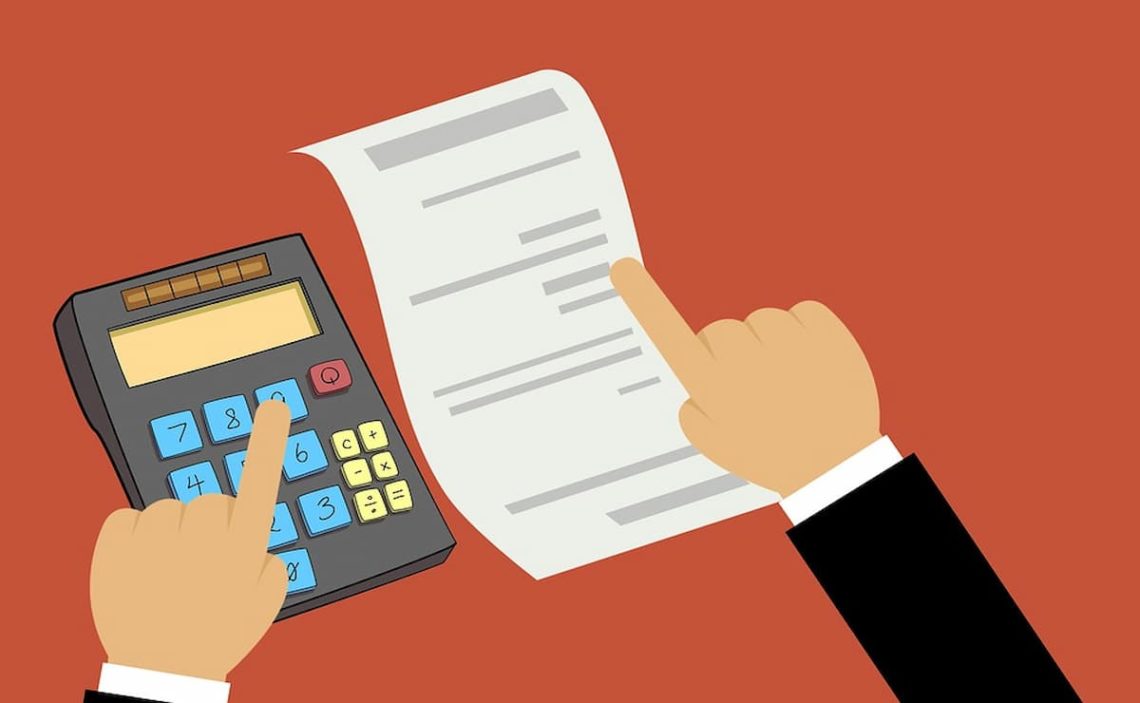Occasionally a recipient of Social Security benefits may receive an extra amount of money in the form of a check in addition to the regular payment. We will try to explain why you may have received two Social Security checks instead of the single check you were expecting.
Why are special payments generated?
These extraordinary revenues can have different reasons. It is important to know that they do not have the same origin in all cases. In fact, in some cases, it may even be money that you will end up having to justify or return.
On the other hand, in some cases, it is exceptional aid due to events or major geopolitical events. The recent coronavirus pandemic is probably one of the best examples in this regard.
Assistance in response to the economic harm caused by the pandemic was distributed beginning in 2020 for Social Security, SSI, Department of Veterans Affairs, and Railroad Retirement Board beneficiaries.
How are extra or double-check payments handled?
Initially, the path for these payments is the same as for conventional ones. If, for example, our income from Social Security benefits is obtained through a direct deposit in a bank account, they will add an extra payment to the revenue.
Importantly, depending on the source justification, this income will come from the IRS and not Social Security. For example, what has happened with stimulus checks during the pandemic. However, when it comes to domiciled money, it may show up as a Social Security payment.
That is important to know because it can lead to confusion: it is not a triple payment, i.e., we should not also expect the stimulus check since it is that amount we have received.
What is an overpayment?
We tend to think that the system does not make mistakes: this is a mistake. The system can be wrong for different reasons. Let’s imagine a situation where we still receive a social security benefit but have already started working or earning income.
Depending on the communication, the agency in charge of payments may not have assumed our change of status in time. That means that we will still receive the benefit. However, we will have already lost part of our entitlement to the grant.
In this case, the best thing to do is to inform the department as soon as possible and proceed with the refund. Remember that you have received more money than you are entitled to. The authorities may demand immediate repayment and, if you fail to do so, may charge interest and late payment fees.
There are many different reasons why an overpayment may occur. The most common are address changes, marital status, and professional situation. However, errors in management by the administration can also occur.
However, the tracking and controls on payments and overpayments are constant, so sooner or later, money that does not correspond to you will be claimed.
The claim process is usually through communication in which you are informed of the overpayment, the amount, and a refund period (usually 30 days). If you are still entitled to benefits, it will be withheld from payments after the 30-day limit if you do not return the money. However, if you are no longer authorized to help, you can reclaim the cash via legal reclaim on your accounts.
There is an appeal process where you can request a claim review. However, it is a complex process and generally does not go very far.
Basic tips on the unexpected second check or payment
The first tip is pretty straightforward: if you are not sure if it is money you are entitled to, you should check why it came to you. You can do this through Social Security’s web platform or by calling 1-800-772-1213.
If in doubt, it is not advisable to use the money. Keep it available while you analyze its origin and only dispose of it when you confirm that it is money you have received legally and properly.
Journalist and historian. Writing content for the internet full time since 2009. He has collaborated and continues to collaborate in some of the main networks of blogs on economics and finance in Spain, Mexico and the United States among other countries, writing in both English and Spanish.
He specializes in content on personal finance management, insurance, savings, investment, etc., although he has written and supervised for other types of topics throughout his more than twelve years of experience in internet content.
Some samples of his work over the years in FinancialRed, Bolsa24, or Euribor.com.


